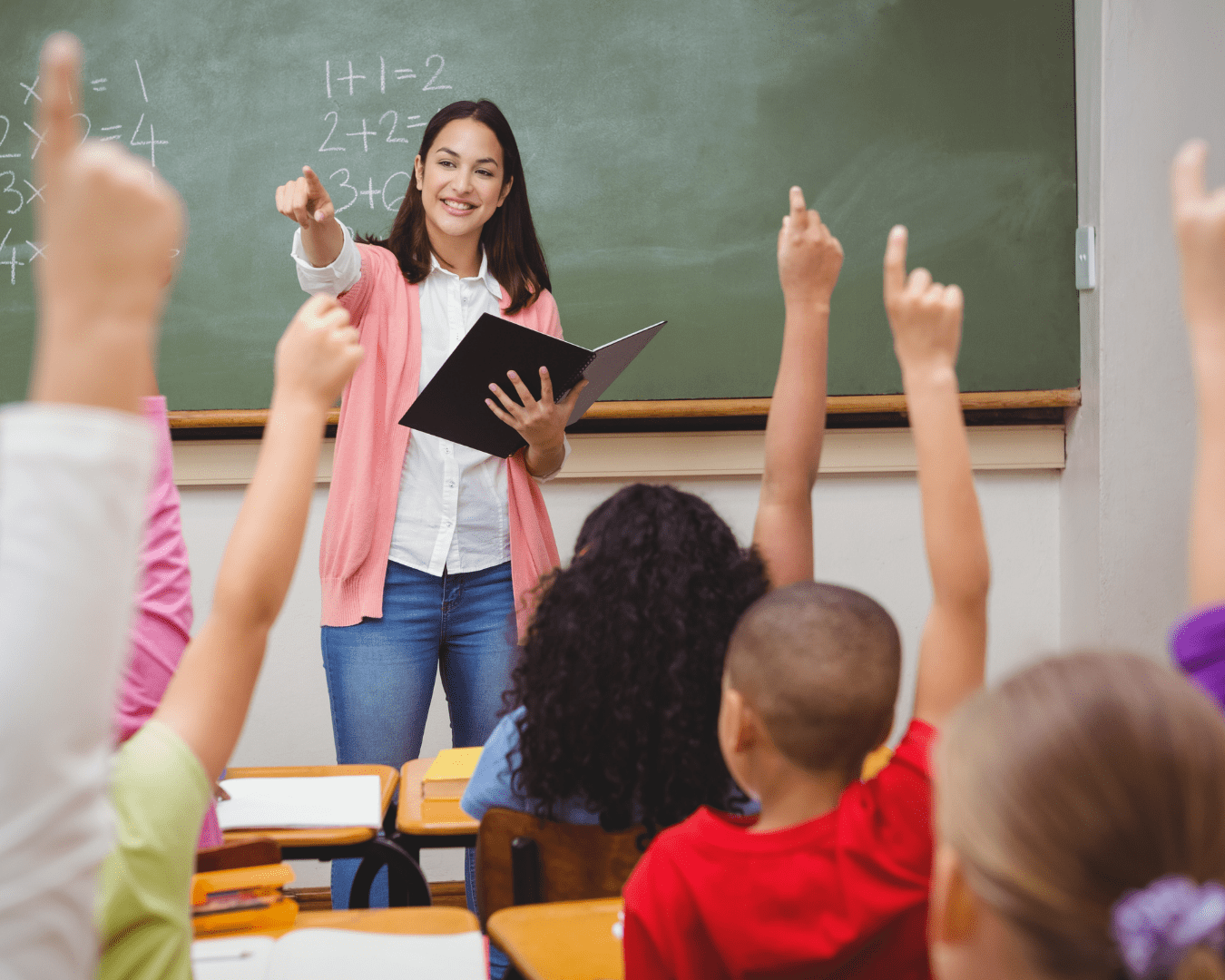Expert Tutors Offering Primary Science Tuition Singapore for All Grades
Expert Tutors Offering Primary Science Tuition Singapore for All Grades
Blog Article
Discover the Important Advantages of Recognizing Primary Science for Young Students
The significance of primary science education for young students extends much beyond mere understanding purchase; it serves as an essential pillar in establishing essential abilities such as important thinking, analytical, and creative thinking. Involving with clinical principles with interactive and inquiry-based activities not only cultivates interest however additionally lays the groundwork for resistant, certain students.
Enhancing Vital Assuming Abilities
Promoting critical thinking abilities in young learners is vital for their cognitive development and future academic success. Essential reasoning enables children to assess information, review evidence, and make notified decisions, which are vital skills in today's information-rich society. By involving in clinical inquiry, young students can improve these skills as they explore principles with observation, trial and error, and thinking.
In key scientific research education and learning, teachers can help with important thinking by encouraging trainees to ask questions, develop hypotheses, and conduct experiments. This hands-on method allows kids to practice problem-solving and create logical thinking skills. When students examine the residential properties of materials or the principles of activity, they learn to analyze their findings seriously and attract verdicts based on evidence.
Additionally, discussions and collaborative projects can advertise critical reasoning by offering opportunities for students to articulate their ideas, difficulty assumptions, and take into consideration diverse perspectives. By producing a helpful setting that values questions and reflection, educators can nurture important thinking abilities that equip young learners to end up being lifelong learners and independent thinkers. Eventually, boosting these abilities lays a durable foundation for their future academic undertakings and personal growth.
Cultivating Interest and Exploration

Key scientific research education supplies an organized environment where young learners can check out various sensations with hands-on experiments and observations. By enabling them to communicate with materials and participate in inquiry-based discovering, teachers produce possibilities for kids to formulate theories, test their ideas, and reason. Such experiences nurture a feeling of marvel and excitement about science.

Structure Self-confidence in Trouble Resolving
Building self-confidence in problem-solving is a vital element of primary scientific research education and learning that empowers young learners to approach difficulties with resilience and creativity - primary science tuition Singapore. When children are motivated to involve with clinical concepts through hands-on activities and inquiry-based knowing, they establish essential abilities in crucial reasoning and evaluation. This process not just boosts their understanding of scientific concepts however likewise promotes a feeling of possession over their understanding
To develop self-confidence, educators need to create a helpful atmosphere where blunders are viewed as chances for development instead of failures. This encourages trainees to take threats and explore different remedies to problems. By supplying scaffolding and assistance, teachers can assist trainees browse complex jobs, progressively raising their freedom in analytical circumstances.
In addition, collective knowing experiences, such as group projects or experiments, can better boost students' self-confidence as they discover to articulate their ideas and listen to others' perspectives. These interactions support social abilities and strengthen the idea that problem-solving is often a collective venture. Inevitably, cultivating confidence in analytic prepares young students for future academic obstacles and furnishes them with the tools required for lifelong knowing.
Encouraging Creative Thinking and Development
In the Going Here world of primary science education and learning, motivating creativity and advancement is essential for growing a dynamic knowing environment. By promoting a culture where young students can check out ideas and experiment openly, instructors aid trainees create crucial assuming abilities and an enthusiasm for discovery. Creative thinking in science encourages kids to ask questions, design hypotheses, and involve in hands-on tasks that stimulate their imagination.
Integrating flexible tasks and inquiry-based understanding into the educational program enables students to express their one-of-a-kind perspectives and solutions. For circumstances, when tasked with solving a trouble associated to their atmosphere, students can conceptualize multiple techniques, causing inventive end results that showcase their creativity. This not only grows their understanding of scientific principles yet likewise infuses a sense of ownership over their discovering procedure.
Furthermore, imaginative scientific research education nurtures cooperation amongst peers, as students frequently share ideas and improve one another's understandings - primary science tuition Singapore. This collaborative spirit advertises not just development but likewise vital social skills. Hence, by focusing on imagination and technology in primary science education, we equip young students to believe seriously, embrace challenges, and imagine possibilities, laying a strong structure for lifelong learning and exploration
Getting Ready For Future Knowing Obstacles
Young students' ability to browse future learning challenges pivots on a strong structure in primary science education. This foundational understanding equips pupils with critical believing abilities and a methodical method to analytic, necessary for tackling intricate issues in an ever-evolving world. Primary scientific research cultivates inquiry-based knowing, encouraging trainees to ask questions, explore theories, and involve in hands-on experiments.
As they create these abilities, students become experienced at examining data, recognizing patterns, and attracting informed final thoughts. Such competencies are essential not just in scientific fields yet likewise in mathematics, design, and innovation (STEM), where interdisciplinary expertise is progressively important.
Additionally, main scientific research education and learning grows a sense of curiosity and strength in young learners, enabling them to view challenges as opportunities for development. As they encounter and overcome challenges in their scientific explorations, they construct self-confidence in their capability to adjust and innovate.
Ultimately, a strong foundation in main science not only prepares young students for scholastic pursuits however also outfits them with the devices essential for long-lasting learning and versatility in a rapidly changing international landscape. By spending in key scientific research education, we are investing in the future capacity of our students.
Conclusion
Recognizing main scientific research is critical for young learners, as it fosters crucial reasoning, interest, and creativity. Inevitably, the advantages of main science education prepare children for future academic quests and impart long-lasting knowing behaviors important for prospering in an ever-evolving world.
The value of primary science education for young learners extends far beyond plain knowledge purchase; it offers as an essential column in establishing helpful site important skills such as vital thinking, analytical, and imagination. By creating a helpful environment that values questions and reflection, teachers can nurture crucial believing abilities that equip young learners to come to be long-lasting learners and independent thinkers. Hence, by focusing on imagination and innovation in key scientific research education and learning, we encourage young students to assume seriously, welcome obstacles, and picture possibilities, laying a strong foundation for long-lasting understanding and exploration.
Young students' capability to navigate future learning difficulties Read Full Article hinges on a solid foundation in key scientific research education and learning.Understanding key scientific research is vital for young learners, as it fosters essential reasoning, curiosity, and creativity.
Report this page